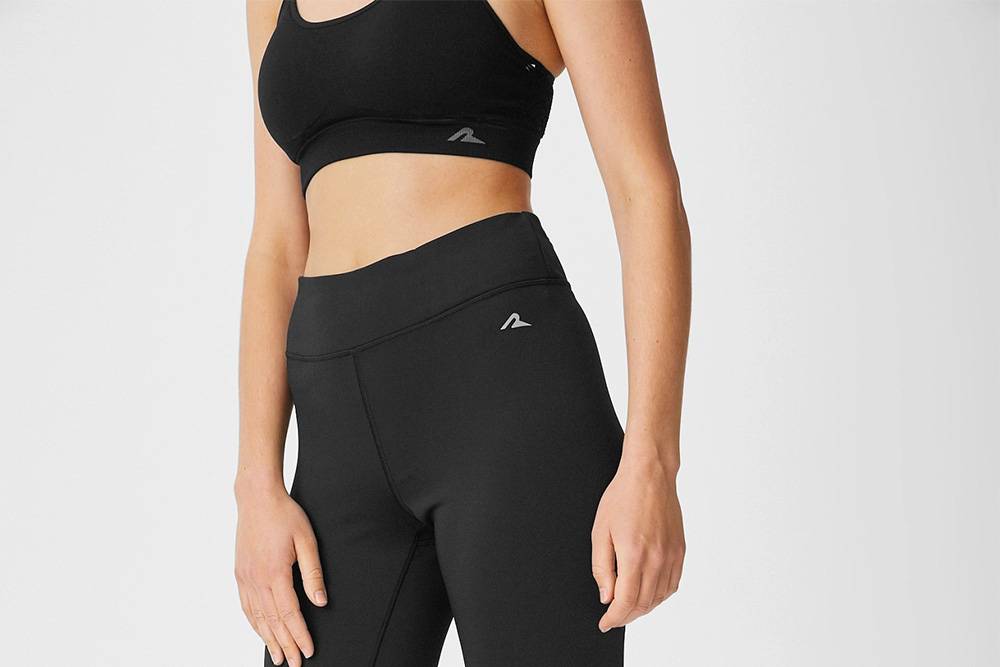
Rodeo is a clothing collection including a wide range of casual athleisure apparel for women, shirts, pants, leggings, tights, bras, and more.
Rodeo is a fashion brand owned by gigantic clothing retailer C&A. Other labels from C&A include Avanti, Canda, Angelo Litrico, Westbury, Yessica, Your Sixth Sense, Clockhouse, Here+There, and Palomino.
Rodeo aims to make desirable, affordable clothing widely available to allow everyone to look and feel good every day. It invests heavily in sustainability and understands the importance of its influence and its responsibility to use it positively.
Rodeo strives to make sustainability the new normal by making its clothing items have a positive impact. It wants a fashion industry that uses and reuses safe materials, protects ecosystems, and provides dignified work for people.
Panaprium is independent and reader supported. If you buy something through our link, we may earn a commission. If you can, please support us on a monthly basis. It takes less than a minute to set up, and you will be making a big impact every single month. Thank you!
Sustainability Rating: 4/10
Rating FAQ
Category: Clothing
For: Women
Type: Basics, sportswear, underwear, outerwear
Style: Casual
Quality: Low
Price: $
Sizes: XS-XL, 2-14 (US), 4-16 (UK), 32-48 (EU), 6-18 (AU)
Fabrics: Cotton, lyocell, modal, acetate, viscose, polyester, nylon, spandex, acrylic, polyurethane, rubber, leather, wool, down
100% Organic: No
100% Vegan: No
Ethical & Fair: No
Recycling: Yes
Producing country: Bangladesh, Bosnia And Herzegovina, Brazil, Bulgaria, Cambodia, China, Colombia, Croatia, Egypt, France, Germany, Greece, Hungary, India, Indonesia, Italy, Macedonia, Madagascar, Mexico, Morocco, Myanmar, Netherlands, Pakistan, Peru, Poland, Portugal, Romania, Serbia, Sri Lanka, Thailand, Tunisia, Turkey, Vietnam
Certifications: OCS, GOTS, GRS, RDS, FSC
Sustainability Practices
Rodeo is striving to normalize sustainable fashion and circular fashion across the apparel industry. It wants to extend its positive impact with performance, leadership, and transparency.
The global brand aims to move away from the current ‘take, make, waste’ model to a circular approach where nothing is wasted in the creation or disposal of clothing.
Rodeo continuously offers more sustainable products and launched an in-store take-back program in Belgium, Luxembourg, Switzerland, Germany, Brazil, and Mexico.
Rodeo is driving change in how cotton, polyester, and viscose are grown and manufactured to ensure the materials become more sustainable, use fewer resources, respect nature, people, and the welfare of animals.
However, Rodeo only uses a small proportion of sustainable materials at the moment, such as organic cotton, or recycled materials such as recycled polyester and regenerated nylon.
Most of the brand's fabrics are highly polluting synthetic petroleum-based fibers such as spandex, acrylic, polyester, and nylon.
Rodeo also uses a little amount of semi-synthetic fibers or man-made regenerated cellulosic fabrics such as lyocell, modal, acetate, and viscose.
As part of C&A, Rodeo publishes a list of all its manufacturing and processing facilities on its corporate website.
The 2020 Fashion Transparency Index gave C&A a score of 70% based on how much the group discloses about its social and environmental policies, practices, and impacts. C&A earned 2nd place in the top 10 most transparent brands behind H&M.
The retailer has a code of conduct that applies to all its suppliers and subcontractors based on the regulations set by the International Labor Organization (ILO).
Rodeo has a Sustainable Supply Chain (SSC) team working to verify the compliance of its suppliers with the UN Guiding Principles for Business and Human Rights (UNGPs).
However, only a few of its partners are certified and show a positive assessment. Rodeo produces many of its clothes in East Asian countries where human rights and labor law violations still happen every day.
The clothing brand understands that these issues are a priority, complex, and interconnected. It recognizes that it takes time, collective action, influence, and partnerships to deliver sustainable change.
Many workers in its supply chain do not receive the legal minimum wage. The company is currently working to eradicate inhumane practices such as excessive overtime and stolen wages.
Rodeo doesn't use any exotic animal skin, or hair, fur, angora. But it uses leather, wool, and down feathers to manufacture many of its clothing pieces.
These animal-derived materials are cruel and unethical. They also harm the environment by producing greenhouse gases and wastes. More sustainable alternatives exist.
Sustainability Goals
Rodeo is actively working towards a vision of the new normal - where sustainability is just another word for normal. Its sustainability work is focused on its products, supply chain, and people’s lives.
Rodeo plans to announce a new sustainability strategy later for the next five years.
The clothing label is committed to steadily increasing the use of more sustainable materials in its production, products, and stores.
Rodeo aims to source 100% more sustainable cotton by 2020 to significantly lower carbon emissions and water consumption. It also wants 67% of all its raw materials to be more sustainable.
Rodeo continues to increase its proportion of Cradle to Cradle certified products and support circular innovations.
The retail giant wants to reach zero discharge of hazardous chemicals by 2020. It aims for 100% sustainable input chemistry by adopting the ZDHC Manufacturing Restricted Substance List and phasing out hazardous chemicals by 2020.
Rodeo also strives to reduce its carbon footprint by 20% in its stores, distribution centers, and offices by 2020.
The fashion label plans a 30% reduction of water consumption in its raw materials stage by 2025 (2016 baseline). It also plans a 10% reduction in water use in its stores, distribution centers, and offices by 2025 (2012 baseline).
Rodeo is committed to zero waste to landfill in all retail operations chain by 2025.
The clothing brand also works to source 100% of its products by 2020 from A or B-rated suppliers to ensure safe and fair working conditions. In 2018, only 46% of the workers in its supply chain worked for A or B-rated suppliers.
Rodeo is closely involved with ACT (Action, Collaboration, Transformation) and actively working to provide living wages for garment workers in key sourcing countries.
It also has Corrective Action Plans (CAPs) in place to improve social standards in the coming years.
Buy Here
Discover Rodeo sustainable collections at c-and-a.com.
Reviews And Experiences With Rodeo
Have you had (good) experiences with shopping at or the products of Rodeo? Then leave us your rating below.
What We're Up Against
Multinational corporations overproducing cheap products in the poorest countries.
Huge factories with sweatshop-like conditions underpaying workers.
Media conglomerates promoting unethical, unsustainable products.
Bad actors encouraging overconsumption through oblivious behavior.
- - - -
Thankfully, we've got our supporters, including you.
Panaprium is funded by readers like you who want to join us in our mission to make the world entirely sustainable.
If you can, please support us on a monthly basis. It takes less than a minute to set up, and you will be making a big impact every single month. Thank you.













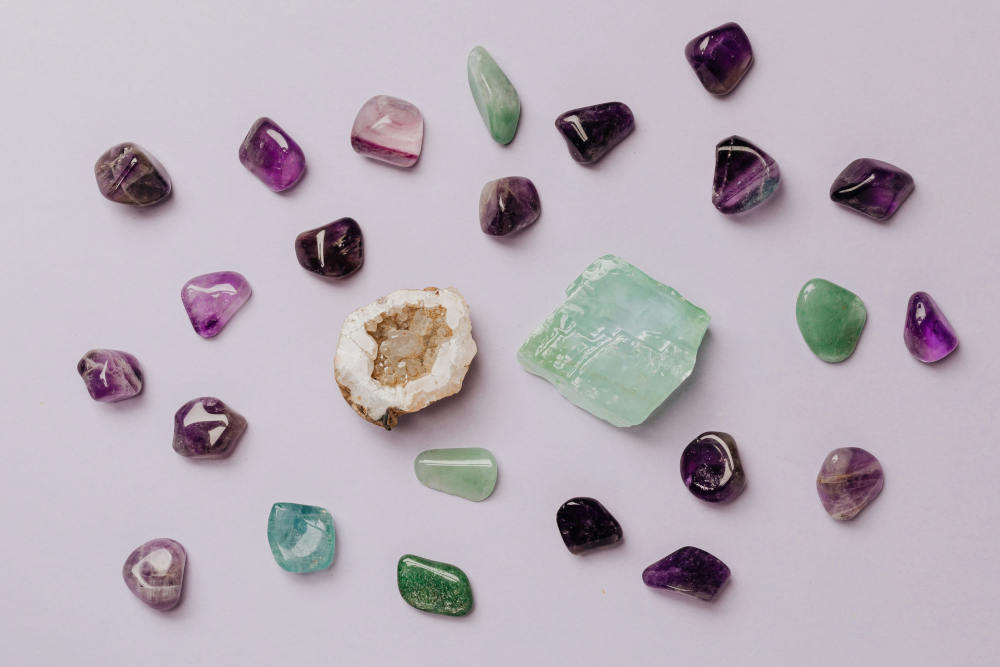
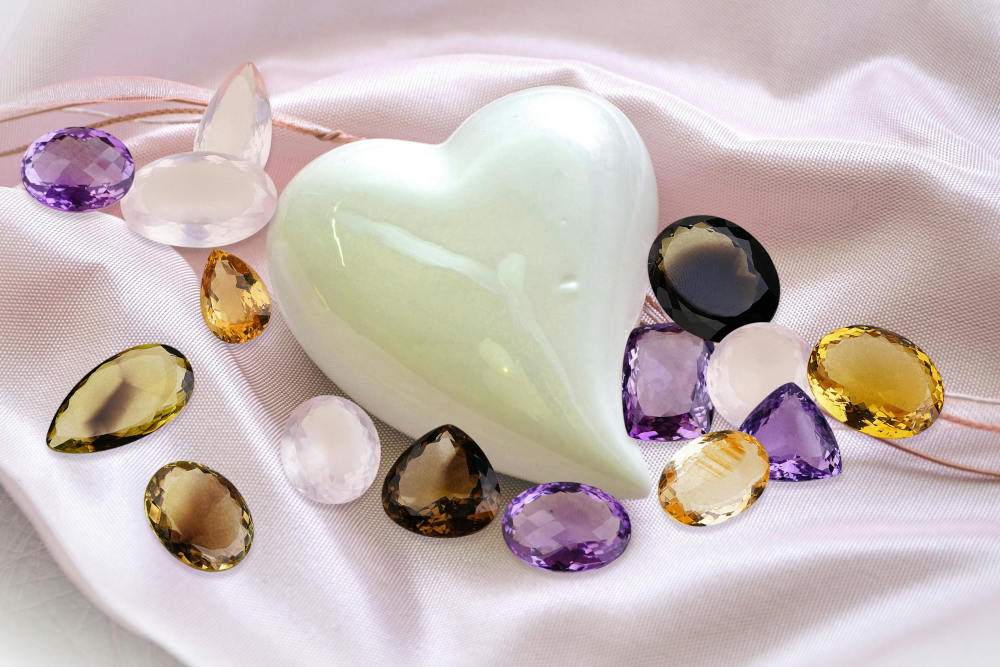
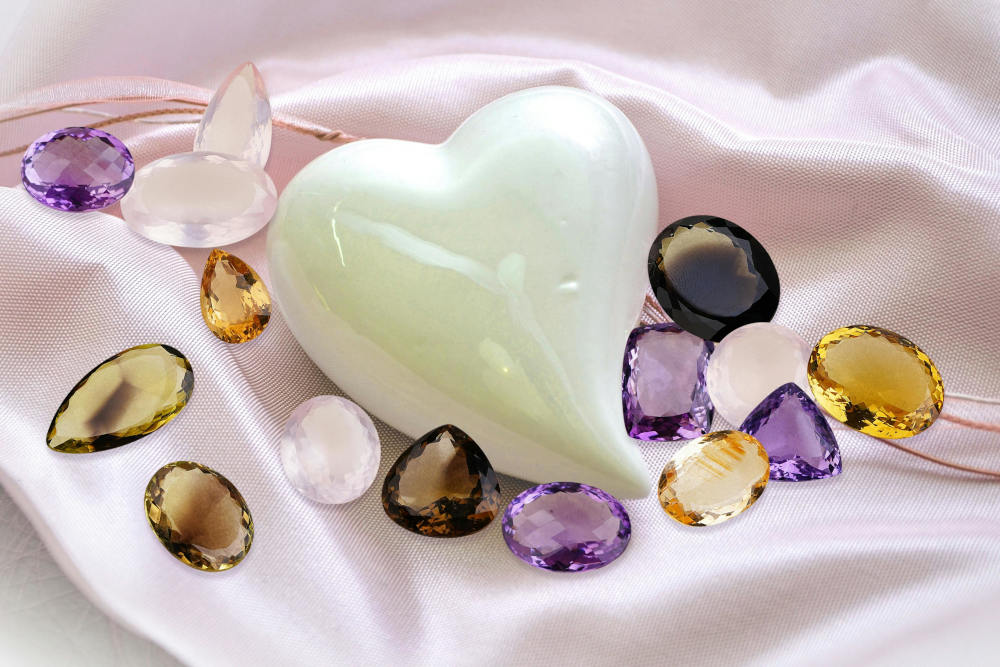


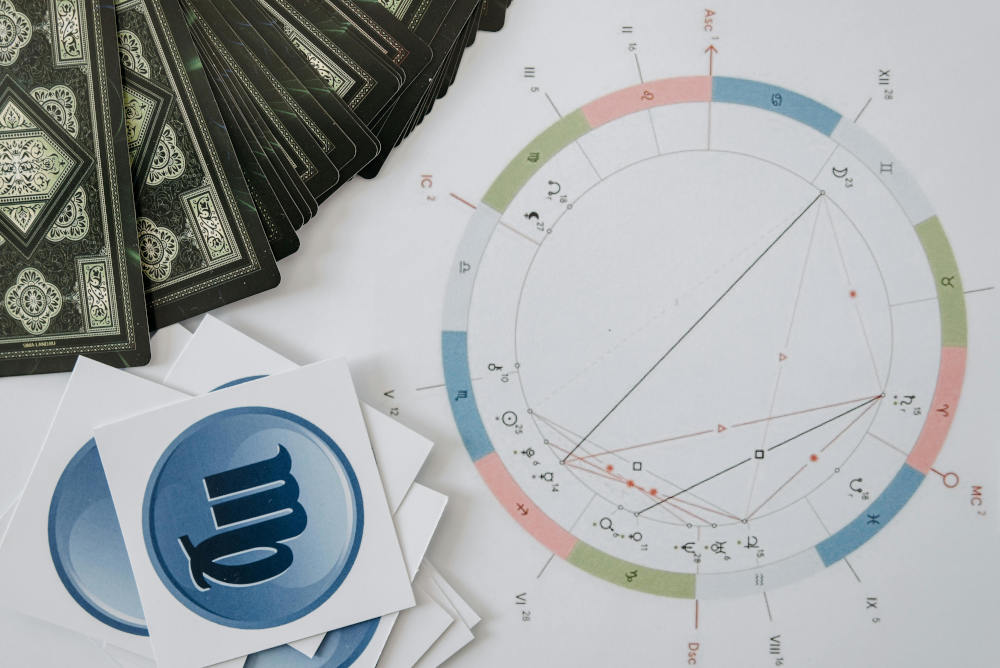











0 comments